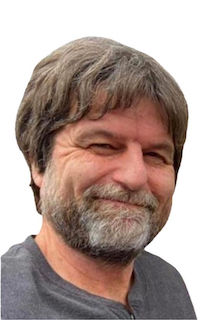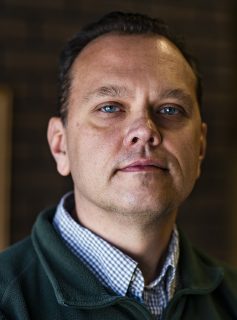That definition of “woke” is a howling joke
Published 6:00 am Sunday, June 29, 2025
Gary Houchens claims “It’s not hard to define ‘woke’” and proceeds to give what might be the sloppiest definition I have ever read in a newspaper. I’m a philosopher by training, so I know how to spot bad definitions.
Houchens quotes a definition from Wilfred Reilly: “a ‘woke’ person is someone who believes that (1) the institutions of American society are currently and intentionally set up to oppress (minorities, women, the poor, etc.), (2) virtually all gaps in performance between large groups prove that this oppression exists, and (3) the solution to this is equity – which means proportional representation regardless of performance or qualifications.”
Although Houchens adds an extra tenet to the woke person’s worldview. It only makes things worse, so we can safely ignore it. What is wrong with the above three-part definition? Let’s focus on (2) and (3).
Consider that cigarette smokers total 28.8 million people in the U.S., and so could be accurately called a “large group.” Smokers perform less poorly than non-smokers in life expectancy, frequency of cancer diagnoses, and many other ways. Does this prove that oppression exists? Hardly, and someone who is “woke” does not claim this. But Houchens’ definition would seem to require that woke people hold that we need equity for America’s smokers, which is nonsense.
Further, there are at most 450 NBA players every season, and their average height is 6’7”. Take as our two large groups all Americans who are somewhat shorter than this average (say, shorter than 6’) and everyone equal to or taller than 6’. Compared with the taller group, the group of under-six-feet people perform more poorly in almost any basketball-relevant measure – free throws, points in the paint, three pointers, blocks, rebounds – especially if we confine ourselves to performance within NBA games. But the woke person wouldn’t say that the fact that shorter people (on the whole) perform less well in most any basketball-relevant measure proves that oppression exists.
Houchens must not mean “virtually all gaps in performance between large groups” – any large groups? Any gaps in performance? No one holds that crazy view. Houchens is skewing what the word “woke” means to those who use it and actually thought about it for even a little bit.
This brings us to (3). Almost no reasonable person, woke-affirming or woke-denying, thinks equity and inclusion measures should help guide decisions and have no regard for qualifications. Does a person with a “woke” worldview want children to be paramedics and firefighters? Or academics with no training for such jobs to take them? Of course not. We are on the contrary interested in what happens when relevant qualifications between applicants are closely comparable. The woke person claims that equity and inclusion measures are vital to avoid skewing outcomes in ways that we would not predict or expect with applicants who are closely comparable with respect to all relevant qualifications.
Houchens wrote, “simple Christian charity…does not require us to affirm others no matter what decisions they make.” And no matter what they write?
Landon Elkind, also a PhD, is an assistant professor of philosophy at Western Kentucky University.






